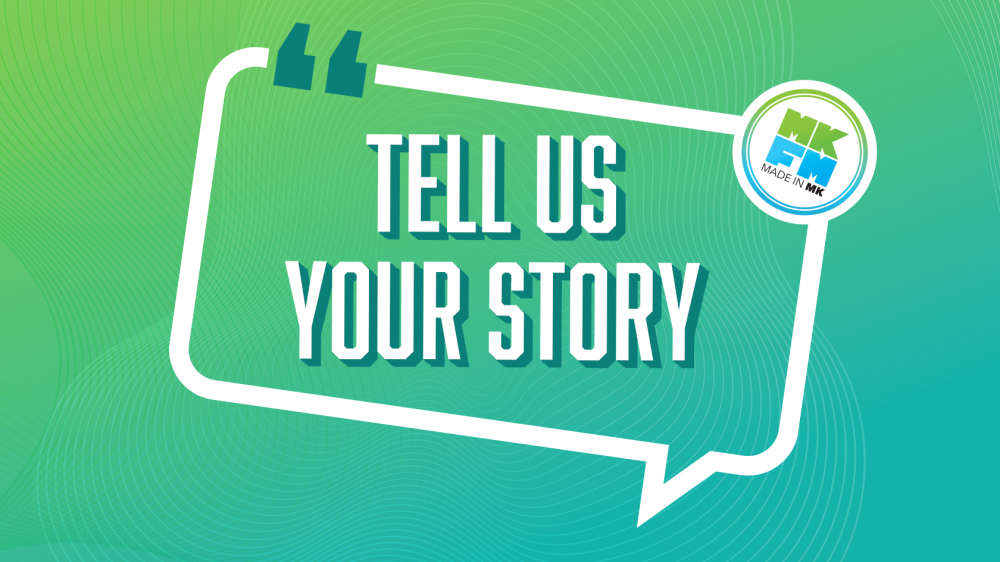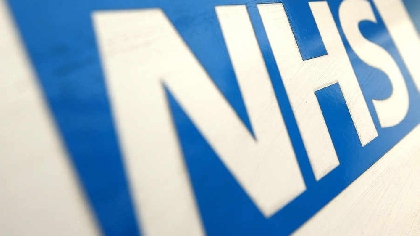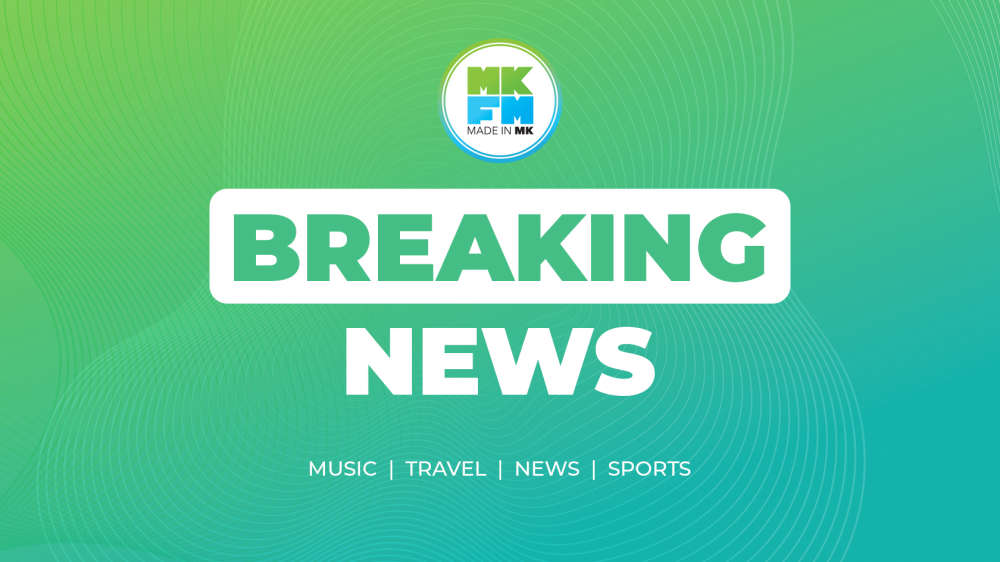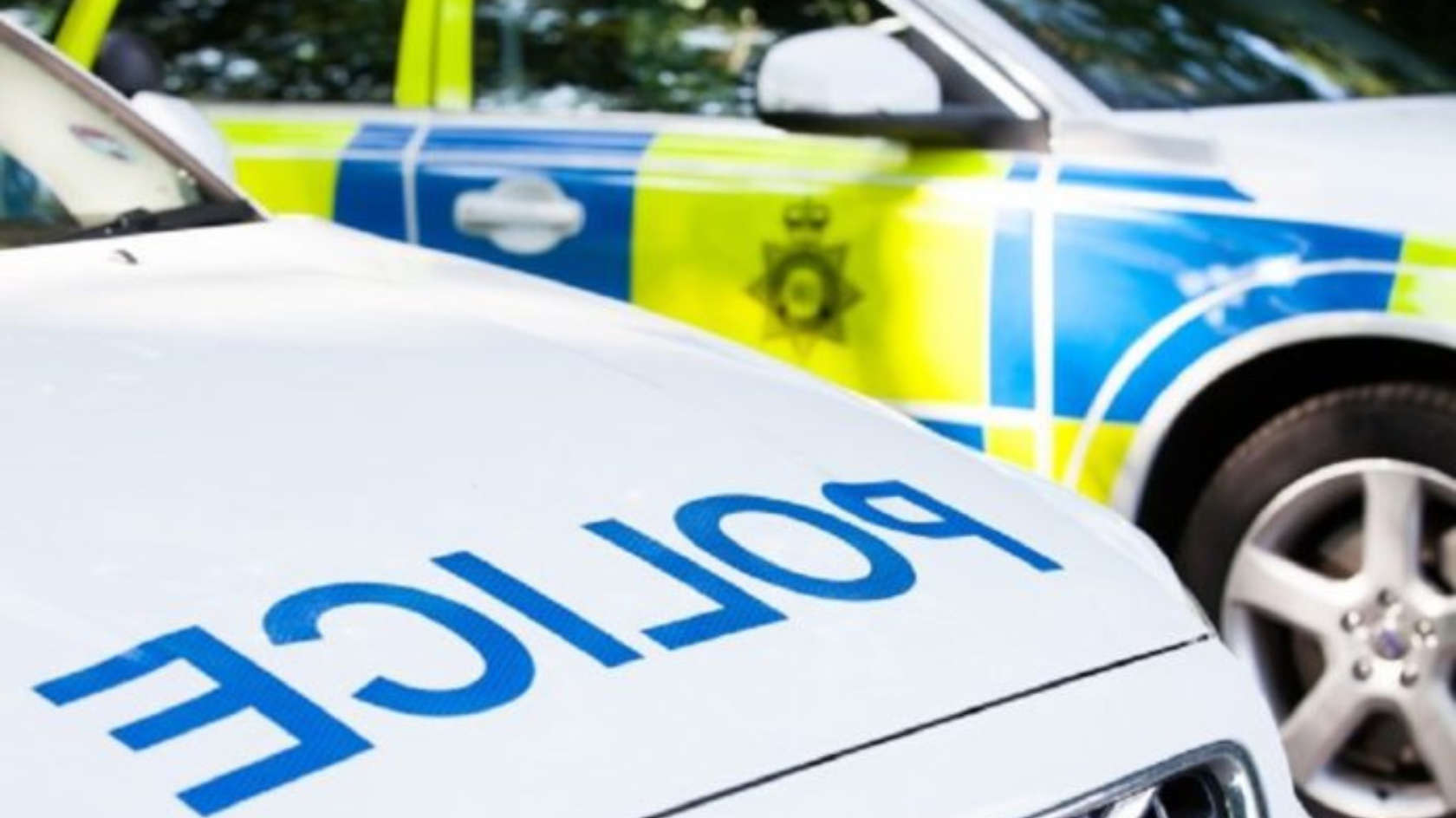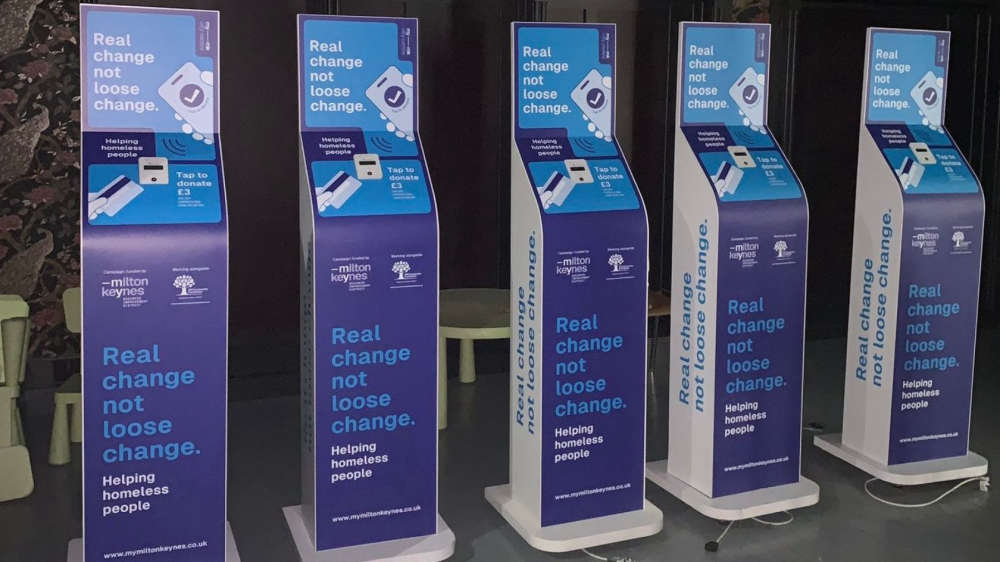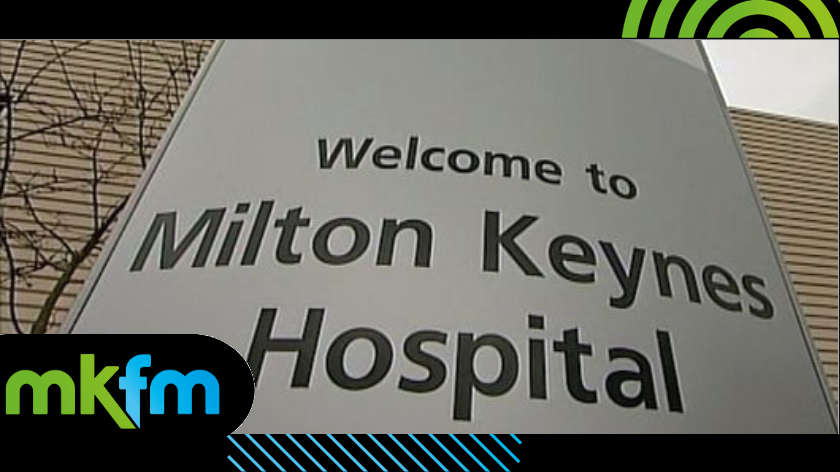
Health leaders are urging people to choose services wisely ahead of widespread strike action in the NHS over the next two weeks.
NHS bosses are urging our local population to choose health and care services wisely and take simple steps to ensure care is available to patients who need it most with people being told to use 111 online as the first port of call for health needs and to attend Emergency Departments only if it is a life-threatening emergency.
What strikes will be taking place?
From 6:59am Thursday 13th July, Junior doctors will undertake strike action for five days.
Consultants begin a 48-hour strike from 7:00am Thursday 20 July.
Radiologists will then take two days of strike action from 8am Tuesday 25 July.
As a result of the strikes, NHS officials say hospitals will run differently, with resources prioritised in order to provide urgent and emergency services, maternity services and ward based care.
This will result in hospitals having to make the difficult decision to re-arrange many of their non-urgent operations, treatments and routine appointments. Where this is the case, patients will be contacted directly.
Many GP practices and pharmacies will be running as usual during the strike, but up to a quarter of local practices may be affected by the industrial action as they provide opportunities for those who are training to become GPs.
Dr Sarah Whiteman, Chief Medical Director for Bedfordshire, Luton and Milton Keynes Integrated Care Board, said: “We are encouraging local people to think carefully before using NHS services over the next two weeks.
“You should only attend an accident and emergency department if you require emergency, life-saving care. Anybody needing non-urgent care should seek help from 111 Online in the first instance at 111.nhs.uk.
“The most recent industrial action by junior doctors in June saw 106,000 hospital appointments postponed over the course of three days. This longer series of strike actions is likely to cause significant disruption.
“We expect services to be busier than usual, and there are likely to be longer waiting times, particularly at our hospitals’ Emergency Departments.”
The NHS is asking patients to choose services wisely during industrial action and take steps to ensure care is available to patients who need it most.
— Milton Keynes University Hospital NHS FT (@MKHospital) July 12, 2023
This includes using 111 online as the first port of call, as well as visiting your local pharmacist or contacting your GP. pic.twitter.com/4TTXl5r9AZ
NHS tips for residents
If you need urgent help for a health condition, use NHS 111 Online at 111.nhs.uk or call 111.
Your symptoms will be assessed, and you will be provided with healthcare advice or an appointment to see a doctor or nurse if this is needed.
NHS 111 can also send an ambulance and can book an appointment for you in some services like urgent treatment centres.
If you are in a mental health crisis, call NHS 111 and get straight through to mental health help by selecting option 2.
If you require a repeat prescription for regular medication, put in your request now, so that it can be looked at in good time.
Feeling a bit under the weather? The NHS website has lots of advice to help you to look after yourself when you have minor symptoms. There is also information about what is a serious medical emergency: When to call 999.
Pick up a few medicines while you’re shopping so that you can look after minor illnesses or injuries yourself.
You can buy essentials like paracetamol, ibuprofen, plasters, antiseptic cream, allergy medicine and indigestion remedies from pharmacies and supermarkets for less than the cost of a prescription.
Remember: cheaper, non-branded versions of medicines work just as well as branded products.
If you need a medicine which you can buy only at the pharmacy, you can use the Find A Pharmacy tool at www.nhs.uk.
Information on these services and self-help advice can be found in Your Guide to Local Health Services, which is available online.

